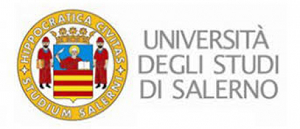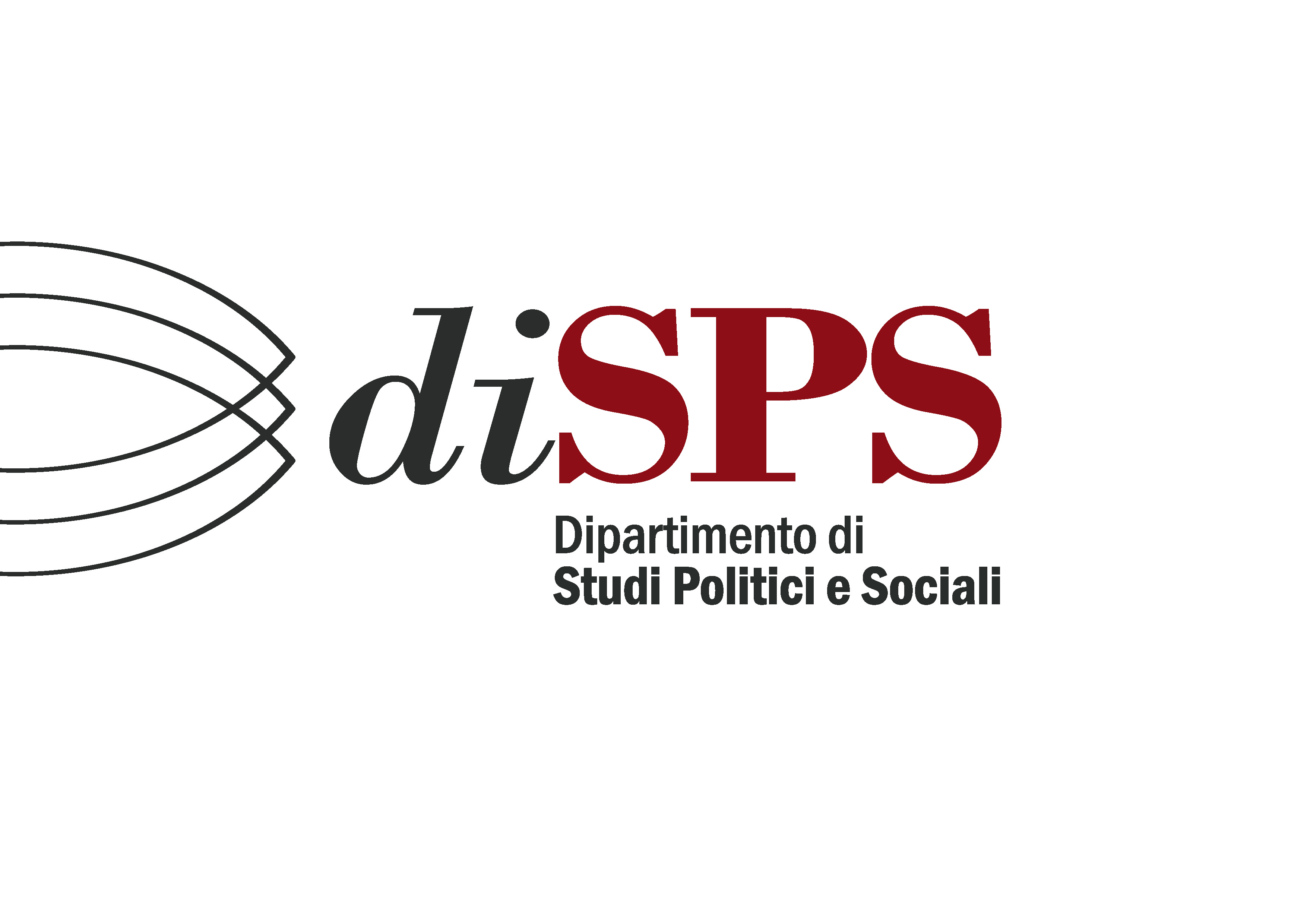BESDEI. EUROPEAN JEAN MONNET MODULE
Becoming Europeans: the Social Dimension of European Integration. Starting from a sociological approach, the European Module of Jean Monnet Becoming Europeans: the Social Dimension of European Integration offers university students, representatives of civil society and high school students, a path of understanding ideas, sociological dynamics as well as historical-political and socio-economical, that have contributed and still contribute to the construction of the European Union.
www.centrostudieuropei.it/jeanmonnet/
EUCUME. EUROPEAN JEAN MONNET MODULE
European Culture and Memories: EU’s Strategies and Policy Developments. The Module has the aim of promoting knowledge from a sociological perspective of the cultural dimension underlying a formation of the European community. In particular, EuCuMe focuses on two processes: a) the construction of a public cultural sphere through the policies promoted by the European Union (EU Cultural Policies); b) the construction of a European public memory (EU Politics of Remembrance).
www.centrostudieuropei.it/eucume/
SOCIOLOGY OF EUROPE TEACHING COURSE
Sociology of Europe Teaching Course (40 hours, 6 CFU) is aimed at all students of the Salerno University and is based on curricular teaching in the two Master’s Degrees of the Department of Political and Social Studies: Global studies and EU (LM52) and Sociology and local policies (LM88). It aims to spread sociological knowledge related to the European Union.
SEMINARS AND CONFERENCES
The CSE events are divided into: organization of national and international seminars and conferences, promotion of study and research groups open to Italian and foreign scholars, realization of Ernesto Rossi’s lectures, organization of the Day of Europe.
EUROPE DAY
The Center for European Studies organizes Europe Day on the occasion of the celebration of 9 May, the day of the year linked to one of the moments considered to be the foundations of the European project: the declaration issued by the then French Foreign Minister Robert Schuman (9 May 1950) and inserted, since the time of the “Committee for the Europe of the citizens” (“Adonnino Committee”), among the symbolic events aimed at promoting the image of the Community among Europeans and in the world.
LECTURES ERNESTO ROSSI
Since 2012, the Center for European Studies has established the Ernesto Rossi Lectures (Caserta, 25 August 1897 – Rome, 9 February 1967), politician, economist, anti-fascist militant, among the main promoters of European federalism and creator, together with Altiero Spinelli, Eugenio Colorni and Ursula Hirschmann, from the “Ventotene Manifesto”. The purpose of the Ernesto Rossi Lectures is to periodically create interdisciplinary moments of confrontation, open to researchers and students, on the present and future scenarios of Europe. The first Lectures Ernesto Rossi was held by Prof. Giuseppe Galasso.
E-LEARNING
The E-learning platform of the Center for European Studies of the University of Salerno is a dianamic environment aimed at distance learning and created to design, support and disseminate training related to issues related to Europe and the European Union (EU). In a context of immediacy, peer collaboration, high multichannel and personalization of training courses, the primary purpose of the platform is the sharing of resources, content and information between academia, institutions and civil society. Its courses are aimed at students, policy makers, associations, businesses. www.centrostudieuropei-elearning.it
RESEARCH
The Center for European Studies (CES) represents a platform for cooperation and the production of scientific knowledge on issues related to Europe in a multidisciplinary perspective.
The research activities of the CES have the aim of contributing in an original and scientifically founded way to the advancement of European Studies, with particular reference to the sociological, political, historical and legal spheres. Main research lines are:
- The European foundations: The interdisciplinary study on the construction processes of a European society;
- Europeanization: the influence exercised by EU policies on domestic policies, at national and local level;
- Research methodologies in European Studies: The creation and implementation of innovative methodological tools in the study of the EU and European society in general.
The Center for European Studies promotes scientific collaborations aimed at developing knowledge on specific research objectives, through the formation of interdisciplinary research groups and openness to requests from the area.


